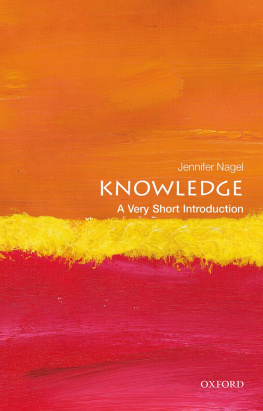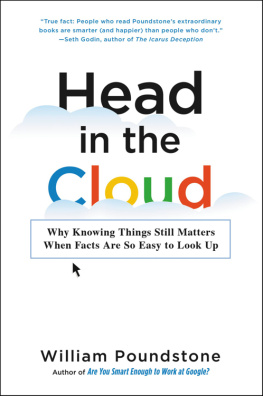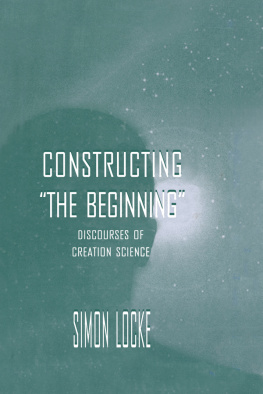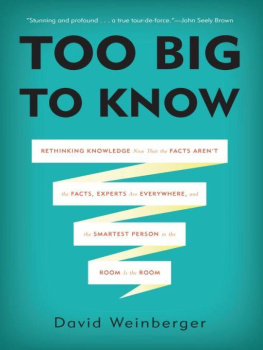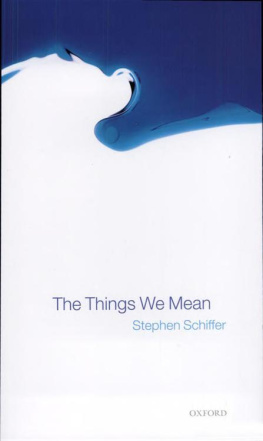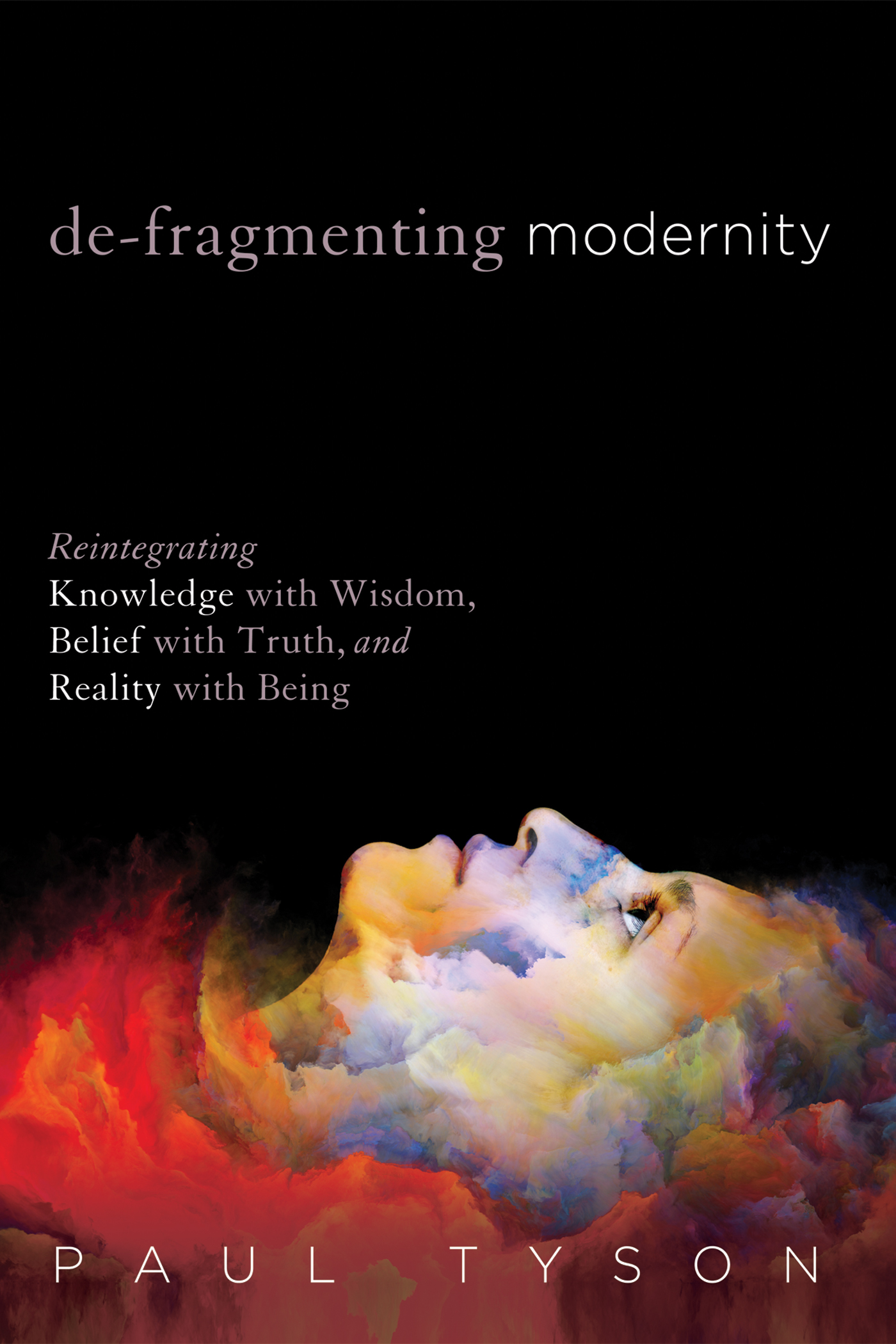De-Fragmenting Modernity
Reintegrating Knowledge with Wisdom, Belief with Truth, and Reality with Being
Paul Tyson
Solvable and Un-solvable Problems
Un-solvable Problems
M aurice Blondel has said that there are no more difficult problems to solve than those that do not exist. What he means is that if we do not understand what our real problems are our most intelligent problem solving strategies will fail to make any impact on reality. Genuine solutions to real problems do not follow from a miss-assigned understanding of what the real problem is.
Alas, misidentifying problems and the resultant flurry of ineffective action are a stubborn feature of modern technocratic power. In Australiawhere I liveour well-meaning government provides us with many illustrations of Blondels truism. Let us take just one example.
For the past twenty years my federal government has been trying to reduce our alarming youth suicide statistics. By every statistical measure our governments efforts have failed. We have raised public awareness of the problem, sought to de-stigmatize self-harming behavior, we have taught our health workers and counsellors the most up-to-date techniques in the psychological treatment and pastoral care of self-harming youth, but all to no avail. The rate of youth suicide continues to rise.
A key aspect of this tragic failure is the technocratic grid through which the problem and its likely solutions are seen. This grid has to make the problem of a statistical increase in youth suicide amenable to the categories of implementable policies that can be rolled out in nation-wide prevention programs. All this is done within the functionally materialist parameters of secular knowledge; a way of seeing both the problem and the solutions that is blind to existential and spiritual drivers. Treating youth suicide as if it is an essentially psychological problem (that is, treating psychological problems as if they have no existential and spiritual dynamics) is to try to treat symptoms rather than address causes if the problem actually has existential and spiritual drivers. Of course, psychological therapy may well be helpful to deeply traumatized young people. Perhaps the increase in youth suicide would have been considerably worse had our government not tried to provide psychologically framed public health measures to counter youth suicide. But various forms of self-harm among our youth are now so widespread, and the fact that an increasing proportion of young people who are at risk are from normal families indicates that factors other than clinical psychological trauma are at play in the overall trend.
Could it be that we are misidentifying despair and anomia as depression?
This is a question our policy controllers cannot ask because psychologically defined public health challenges are problems our technocrats think they can solve, but despair and anomia are not. At a policy level, we are more or less locked into seeking mental health answers to the youth suicide problem, so we put psychologists at the front line of strategic planning to reverse the problem. But to do so is to define the limits of what the problem can and cannot be, regardless of whether those limits actually define our real problem.
Our psychological profession, at least in Australia, is embedded in behaviorist reductionism, located decisively within what Charles Taylor calls an immanent frame. This outlook sees existential and spiritual concerns as epiphenomenal constructs that are secondary to the real drivers of human behavior. So our experts and policy boffins systematically treat depressive symptoms as if they are the primal causes of the problem. Further, if youth suicide is at least in part symptomatic of a cultural and community malaise, again, treating self-harming individuals is not going to address the real problem. And it is not hard to see that a culture that promotes narcissism, relational atomization, and the absence of any substantive conception of transcendent meaning in daily life is now strongly embedded in the norms of our consumer lifestyle. If we define psychological health as simply what is functionally normative to any given shared way of lifewhat sociologists call a life-formthere is something inherently misguided about pathologizing a natural feature of that life-form without asking if the life-form itself is pathological.
Since Durkheim, sociologists have known that one of the characteristic features of structuring society around high levels of negative freedom is a certain background level of despair and anomia. That is, when modern liberal societies are set up so that individuals can please themselves and choose their own values and beliefs as much as possible (negative freedomfreedom from external restraint), collective customs of appropriate behavior and common religious and ethical belief structures are seriously diluted. At a certain level of dilution, this dynamic dissolves the shared customary framework of a common way of living governed by shared beliefs about cosmic order. This renders power structures bleakly functional and impersonal, meaning subjective and insubstantial, and behavior normsmanners, common customs of proprietyhighly plastic and uncertain. This produces anomia and despair: confusion about cosmic order expressed as a debilitating existential anxiety about ones own and other peoples intentions, identity, and significance. So if the norm of mental health we are aiming at is not prepared to put individualistic consumerism itself on the table as the possible problem, thenin Blondels senseour policy makers may well be trying to solve the problem of youth suicide without seeing the problem as it really is. This may account for why our best efforts at solving this problem have failed so decisively. For problems that do not exist are impossible to solve.
It seems to me that there are some basic features of the reality in which we live that have become invisible and even incomprehensible to our technocratic conception of valid knowledge and effective action. We have, I suspect, developed a way of life that is entrenched in a set of cultural blind spots that are unwittingly causing us serious problem solving grief. Let us look quickly at a few further examples that concretely spell out what type of blind spots we have.
Four Scenarios
We know how to isolate the inner cell mass of very early human embryos in order to harvest their stem cells. We know that embryonic stem cells can be differentiated into any cell type and they have amazing powers of propagation. We know the clinical possibilities for tissue replacement in diseased or damaged patients is greatly enhanced by these findings and techniques. These are the facts. But what is the human meaning , what are the moral implications , and what is the transcendently referenced significance of harvesting human embryos as a medical technology? These are not questions that an informed knowledge of the scientific facts and technological possibilities can answer.
We know that currency and derivative trading is now denominated in monetary flows that are orders of magnitude greater than the real global economy in the production and distribution of actual goods and services. We know that there is a global system of financial secrecy jurisdictions used by transnational corporations and the super-rich to bypass nationally located tax responsibilities. We know that wherever possible, governments will bail out too big to fail private financial institutions if they get into serious trouble. So we know that the wealth of the world is being continuously siphoned upward toward a tiny transnational super-elite and the elected leaders of nations are increasingly irrelevant (other than as guarantors) to real financial and economic power. But this is the reality of how the global financial system works, so we work with it. Whether it is right or wrong, fair or exploitative, democratic or tyrannical is more or less irrelevant to its reality. We accept the amorality of high financial power.




